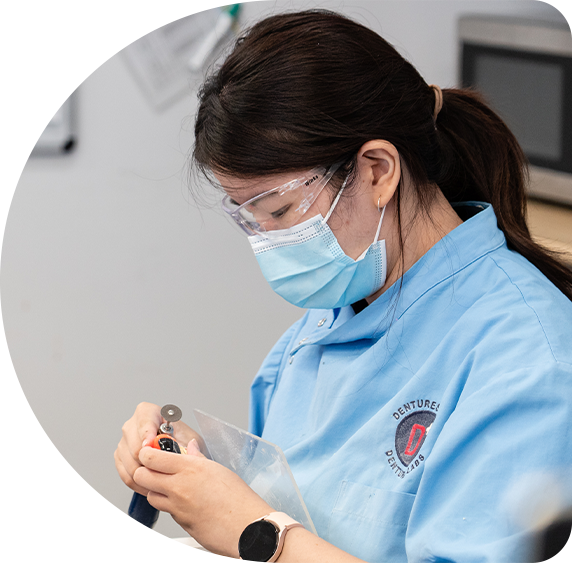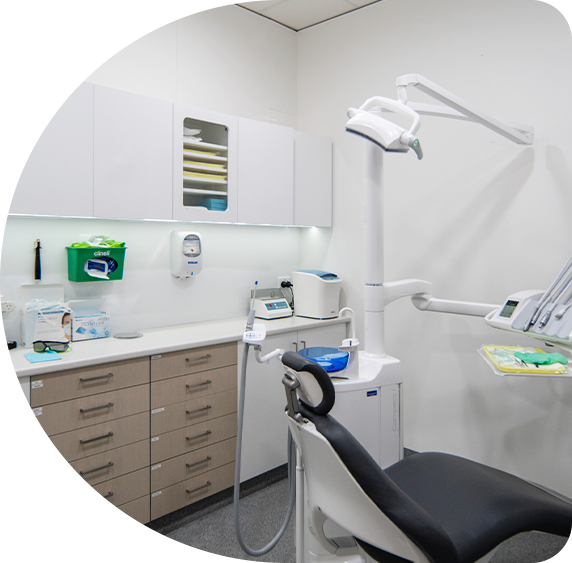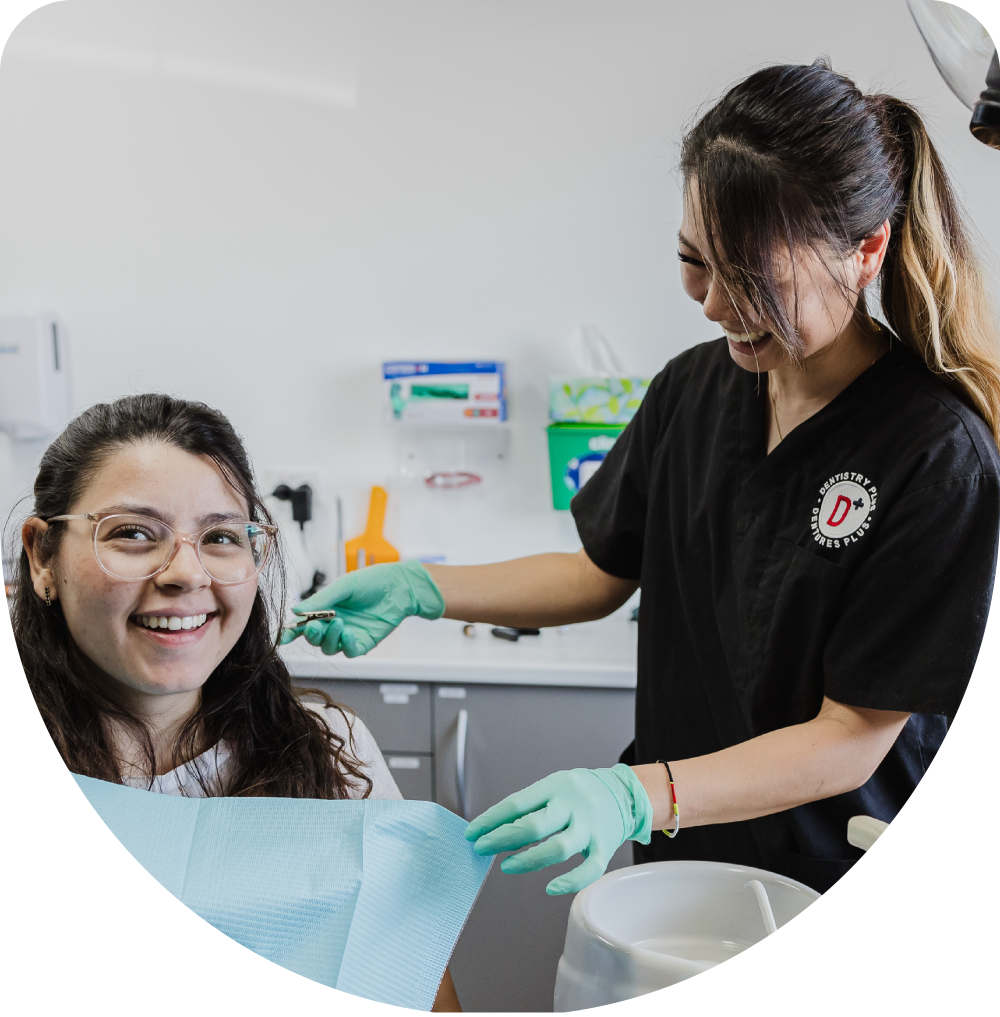
Need urgent or after-hours care?
Everything you
need under one roof
From general dentistry to complete smile makeovers, Dentistry Plus are here for you.
General Dentistry
From kids to the grandparents, we’re here to help the whole family.
Dental Implants
Missing teeth? Let us show you your options to restore your smile.
Cosmetic Dentistry
Life changing smile makeovers
Dentures
Natural looking and produced right here, at Dentistry Plus.



Not sure what
you need?
Select what’s most relevant to you. If you still aren’t sure, feel free to call or book a general consultation.
View More Common Concerns
16 years of smiles
Starting from humble beginnings in 2008, Dentistry Plus’ customer base has rapidly grown through excellent service and a World class approach to dentistry.
Because of this, you can find Dentistry Plus in 7 locations (with more to come) across Perth.
Quality in every service
Today, Dentistry Plus continues to grow with a strong focus on quality of service.
Every dental clinic is equipped with the latest technology and all our dentists are carefully selected to ensure that every procedure, from a simple scale and clean to a full dental reconstruction, is performed to the highest possible standard.





5 stars review




